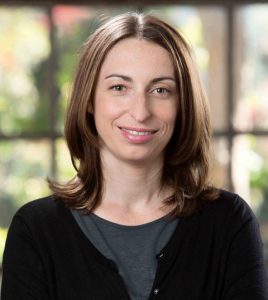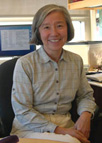
Research Interests:
Summary:
My group is interested in understanding how signals are received and transmitted by the nervous system. In one aspect of our research, we have exploited the power of natural products to elucidate molecular mechanisms of touch and pain sensation. For example, we have asked how capsaicin, the main pungent ingredient in “hot” chili peppers, elicits burning pain, and how menthol, the cooling agent in mint leaves, evokes an icy cool sensation. Using these agents as pharmacological probes, we have identified ion channels on sensory nerve fibers that are activated by heat or cold, providing molecular insight into the process of thermosensation. With the aid of genetic, electrophysiological, and behavioral methods, we are asking how these ion channels contribute to the detection of heat or cold, and how their activity is modulated in response to tumor growth, infection, or other forms of injury that produce inflammation and pain hypersensitivity.
In addition to our work on somatosensation and pain, we also study the structure and function of specific neurotransmitter receptors, such as those activated by serotonin or extracellular nucleotides, and use genetic methods to identify roles for these receptors in physiological and behavioral processes, such as feeding, anxiety, pain, thrombosis, and cell growth and motility.
UCSF Profiles Page











